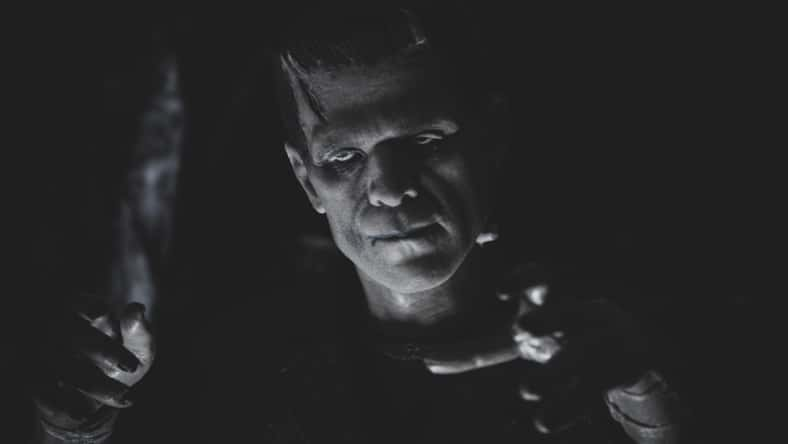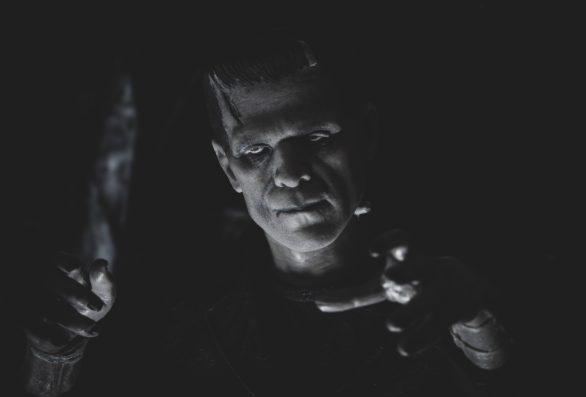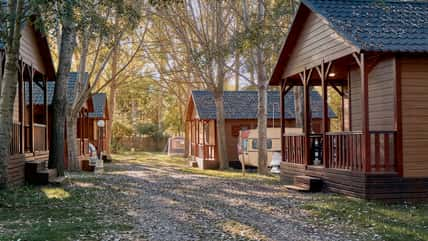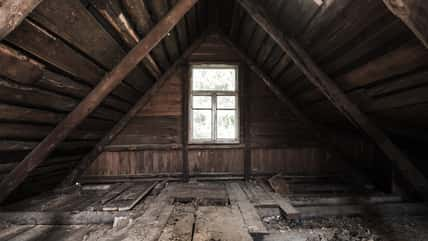This Castle Was Built In The Thirteenth Century And Is Speculated To Be The Inspiration For Frankenstein

Today, the Frankenstein Castle sits high on a hilltop in a mountain range located in the town of Mühltal, Germany. It was built during the thirteenth century and is speculated to be the inspiration for Mary Shelley’s famous horror novel Frankenstein.
The writer took a trip to Germany with her husband, Percy Bysshe Shelley, in 1814, staying in a town not far from the castle.
What was once a formidable stone structure has now turned into crumbling ruins, but it still remains a popular tourist destination due to its potential connection to Mary Shelley as well as its eerie historical background.
The Frankenstein Castle was the birthplace of a man named Johann Konrad Dippel. He was born in 1673 and grew up to become a physician. But throughout his life, he was at the center of many rumors.
According to a report from the Royal College of Surgeons of England, Dippel was gifted in academics and studied a variety of subjects at Giessen University, such as alchemy, theology, and philosophy.
However, he had a massive ego and would often get into quarrels. He eventually became a teacher of philosophy, and his interest in alchemy grew. His arguments with people never stopped, causing him to be later accused of murder.
As a result, he returned to his old university and started diving deeper into alchemical practices. He performed a number of experiments, attempting to turn lead into gold and creating a concoction called Dippel’s Oil.
The dark, viscous oil was made from pulverized animal parts, and he claimed it could treat all manner of medical conditions. Dippel’s Oil was not successful in curing illnesses, but it was used during World War II to make wells undrinkable so that enemies would not be able to access the water.
It was also said that Dippel worked with electricity, brewed potions, and conducted experiments on corpses he stole from graves. In 1734, Dippel died at the age of 61, just one year after declaring that he had perfected his oil elixir and would live to 135-years-old.

Willrow Hood – stock.adobe.com – illustrative purposes only, not the actual person
After learning about the history behind the castle, it’s easy to see why people believe that Mary’s book was based on Dippel and the Frankenstein Castle.
It’s possible that Mary had heard tales circulating about the seemingly mad scientist and caught glimpses of the fortress’s looming towers in the distance while visiting Germany, which may have led to the idea for her novel.
But it’s all speculation and, unfortunately, cannot be confirmed. Although we may never know the answer, it still makes for a captivating story.
If true crime defines your free time, this is for you: join Chip Chick’s True Crime Tribe
“Breadcrumbing” Is The Latest Dating Red Flag: Here’s How To Recognize It And Break The Cycle
Sign up for Chip Chick’s newsletter and get stories like this delivered to your inbox.
More About:Freaky





